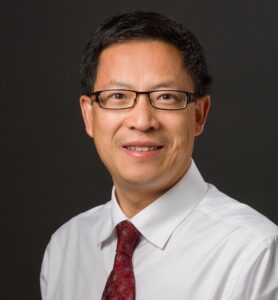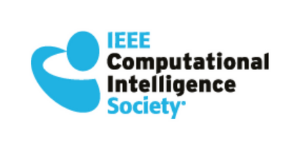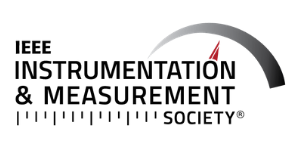Digital Twin Modeling of Cancer Patients

Dr. Jun Deng is a Professor at the Department of Therapeutic Radiology of Yale University School of Medicine, an ABR board certified medical physicist at Yale-New Haven Hospital, the Associate Director for Physics Research and Education at the Department of Therapeutic Radiology, and the PI of Yale Smart Medicine Lab. Dr. Deng obtained his PhD from University of Virginia in 1998 and finished his postdoctoral fellowship at Stanford University in 2001. Dr. Deng has received numerous honors and awards in his career, has been serving on the Editorial Board of numerous peer-reviewed journals, on the study sections of NIH, NSF, DOD, ACS, RSNA and ASTRO since 2005, and serving as scientific reviewer for various science foundations and institutions in the US and over the world since 2015. Currently with funding from NIBIB, NSF, NCI, DOE and YCC, Dr. Deng’s research has been focused on artificial intelligence, machine learning, and big data for early cancer detection, real-time clinical decision support, digital twins of cancer patients, as well as AI-empowered mobile health and smart medicine.
Abstract: In the past decade, we have witnessed widespread applications of artificial intelligence in medicine and health care worldwide, fueled by advances in computational power, development of smart machine learning algorithms, and ever-increasing amount of patient data. How to make sense of and make use of these multiscale and multimodal datasets directly impacts modern health care in terms of disease prevention, diagnosis, and treatment. In this lecture, we will introduce a novel application of digital twin modeling in cancer research. Specifically, we will talk about the background of digital twin concept, the basic ideas of digital twins of cancer patients, the overall process of digital twin modeling in health care, and some preliminary results on digital twin applications. In addition, we will discuss the potentials, the challenges and barriers involved in the digital twin modeling for cancer research.


